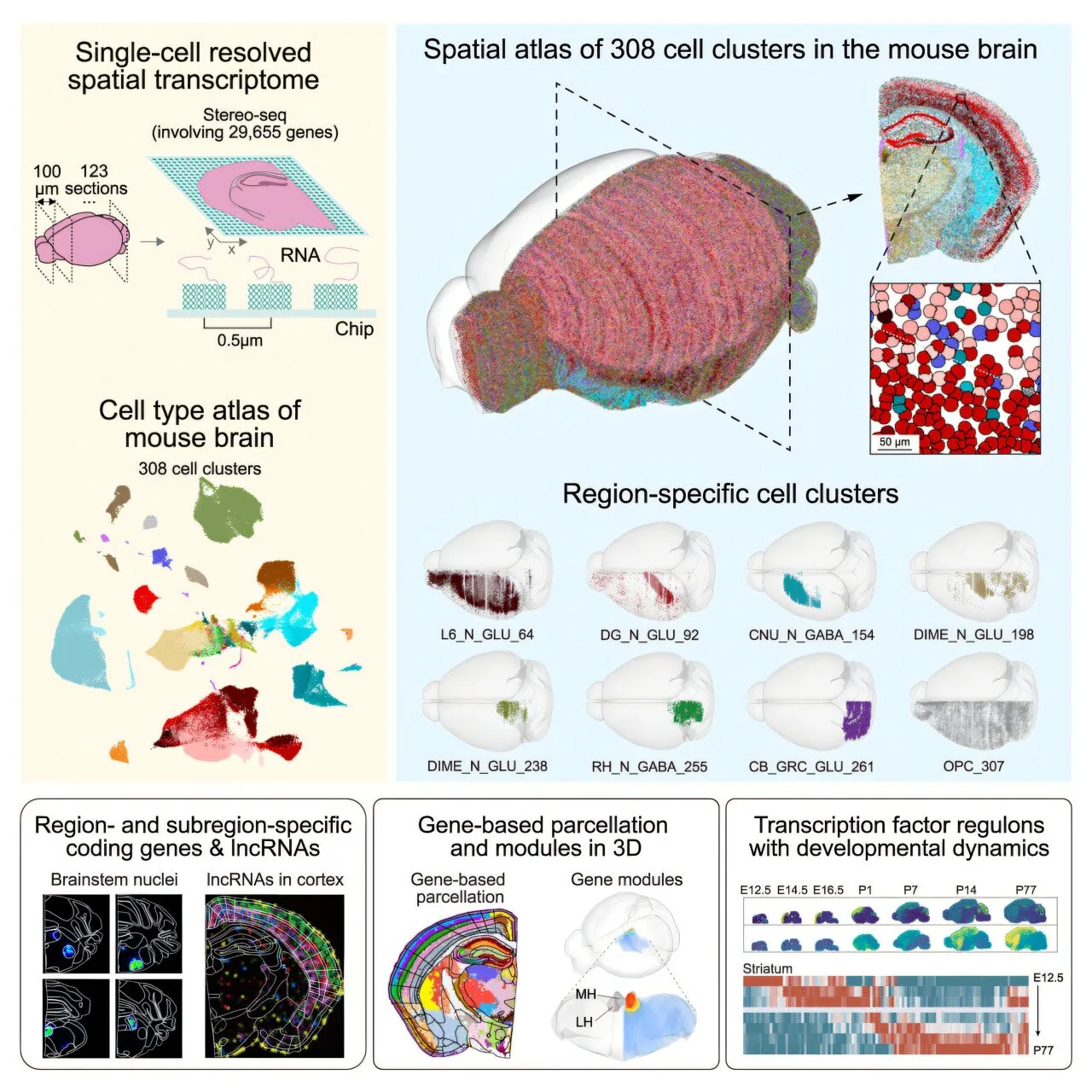Unraveling the Link Between Memory Loss, Anxiety, and Depression in Alzheimer’s Disease
Alzheimer’s disease is a devastating condition primarily known for its impact on memory. However, the disease’s effects extend far beyond memory loss, significantly impacting a person’s mood and often leading to anxiety and depression. For years, researchers have been working to decipher the intricate connections between these symptoms within the brain. Understanding these links is crucial for developing more effective treatments and improving the quality of life for those affected by Alzheimer’s.
The Emotional Toll of Alzheimer’s
While memory loss is a hallmark of Alzheimer’s, it’s important to recognize the significant emotional challenges that accompany the disease. Many individuals with Alzheimer’s experience:
- Increased anxiety, often triggered by confusion or disorientation.
- Symptoms of depression, including persistent sadness, loss of interest in activities, and changes in sleep or appetite.
The Brain’s Complex Web
Scientists are exploring various mechanisms to explain how Alzheimer’s affects both memory and mood. Some key areas of investigation include:
- Neurotransmitter Imbalances: Alzheimer’s can disrupt the balance of neurotransmitters, such as serotonin and norepinephrine, which play a crucial role in mood regulation.
- Brain Structure Changes: The disease causes structural changes in the brain, including the hippocampus (involved in memory) and areas related to emotional processing.
- Inflammation: Chronic inflammation in the brain, a characteristic of Alzheimer’s, may also contribute to both cognitive and emotional symptoms.
Future Directions
Further research into the relationship between memory loss and mood disorders in Alzheimer’s disease is essential. A better understanding of these connections could pave the way for:
- More targeted therapies that address both cognitive and emotional symptoms.
- Improved diagnostic tools to identify individuals at risk of developing mood disorders related to Alzheimer’s.
- More comprehensive care strategies that support the emotional well-being of patients and their families.
Final Words
Alzheimer’s disease presents a complex challenge, impacting not only memory but also mood and emotional well-being. By unraveling the connections between these symptoms, researchers hope to develop more effective treatments and provide better support for those living with this devastating condition.




+ There are no comments
Add yours